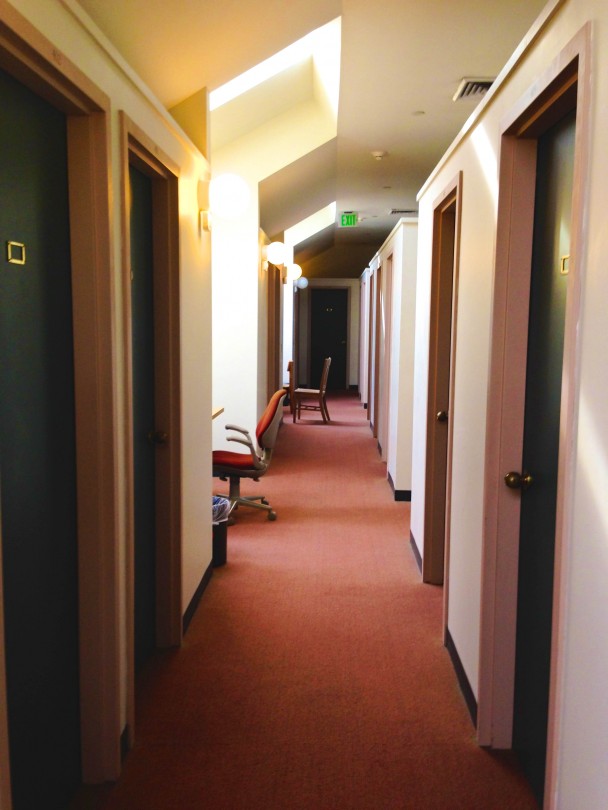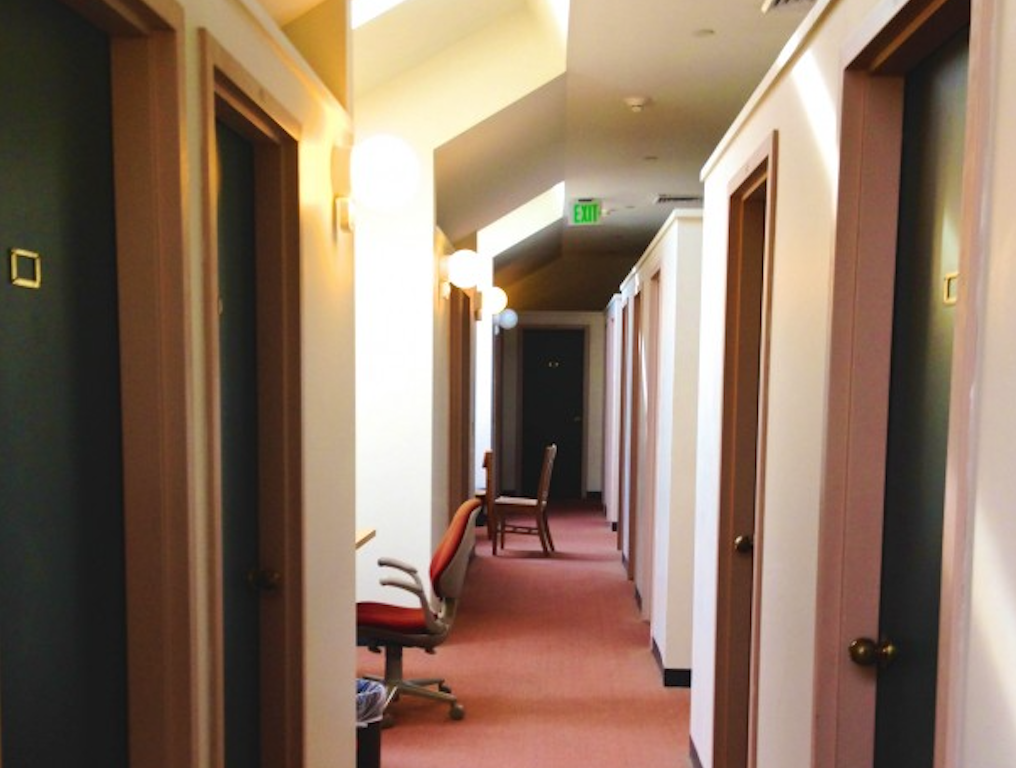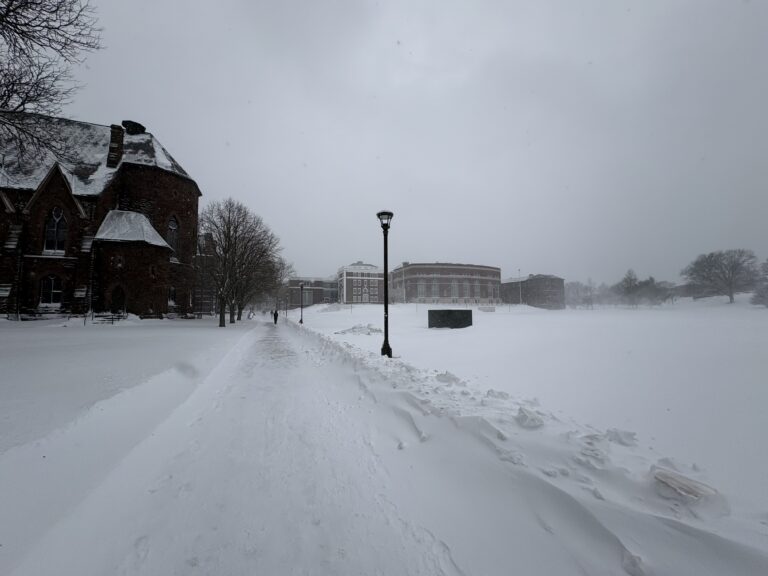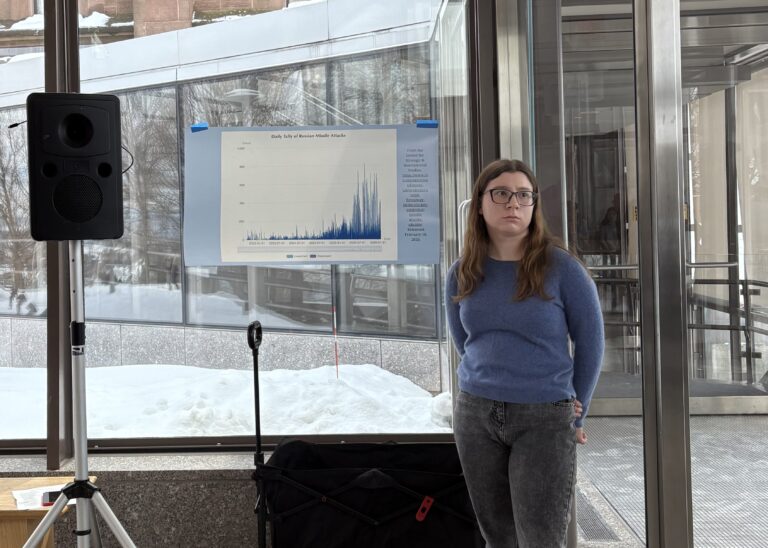New Thesis Carrel Assignment Process to Be Tested in Fall 2019

Next fall, a new assignment system for carrels will be implemented for senior thesis writers. Rather than assigning one student to each carrel, two students will be assigned to share each carrel.
This past year, 169 students applied for the 98 carrels, and 67 students were placed on the waitlist. Data from previous years indicate that the proportion of students receiving single carrels has been consistent, which prompted Caleb T. Winchester Librarian Andrew White and WSA Senator Aaron Cheung ’19 to seek out a new way to assign thesis carrels.
“I had a number of unhappy students coming into my office in September followed by a number of equally unhappy thesis advisers of those students who were concerned about the fact that they themselves or the students didn’t get carrels, a very reasonable concern,” White said. “I didn’t really know what to do, but I figured we have a year to make the process better.”
Cheung proposed that two students be assigned one carrel, in order to double the number of students who can receive a carrel. Students have the option of choosing a person with which to share a carrel or receiving a randomly-assigned carrel partner. Students can still request a single carrel; however, it remains unlikely they will be assigned one.
In assessing student reactions to this new proposal, Cheung noted that some students had concerns about accommodations for distraction-free study spaces. To address some of these concerns, the library intends to set aside eight or more carrels for students who have these accommodation requests. The exact number will be determined during the carrel process next year.
“Technically, because this is a resource that isn’t universal, not everyone is guaranteed to get it, we don’t have to give accommodations for it, but regardless we thought it would be a really good idea because someone brought that up,” Cheung said. “We thought that we should do it if we can, so we’ll be saving some carrels for single use for those accommodation requests.”
According to White, the possibility of building more thesis carrels did not seem to be a viable use of space.
“From my point of view, creating more discrete spaces like that inside the library is not the best use of limited real estate,” White said. “That’s based on not only my own instincts around the direction in which library space planning is going, but also what I’ve also heard from students across the years, whether first year, second year, juniors, or seniors is that they want more group collaborative space. So, being able to carve out individual study spaces and create more group spaces, those two are not necessarily compatible.”
White emphasized that this new process is a trial, and he is willing to continue conversations with students about the best way to assign carrels.
“If this turns out that it doesn’t work and the student body decides this is not something we actually want to support, then I want to have a conversation with people and we can think about it in a different way,” White said. “This process is not set in stone. What I’m trying to do is create a more equitable distribution system for a limited resource, so as many people as possible have the opportunity to have a private study experience.”
Jocelyn Maeyama can be reached at jmaeyama@wesleyan.edu.








Leave a Reply